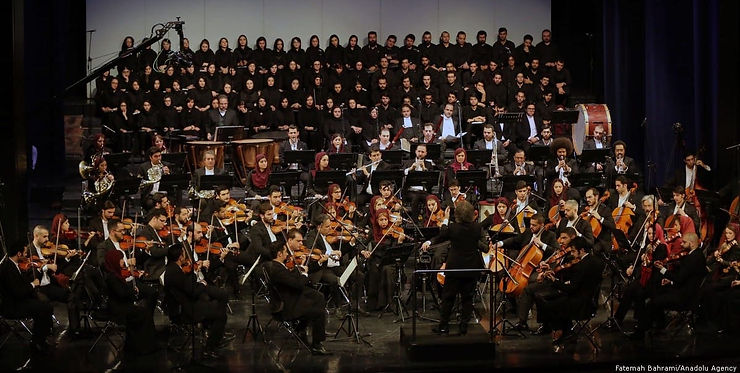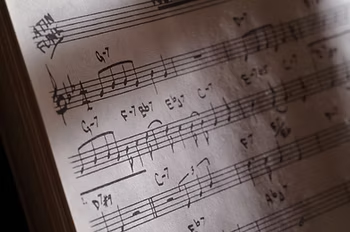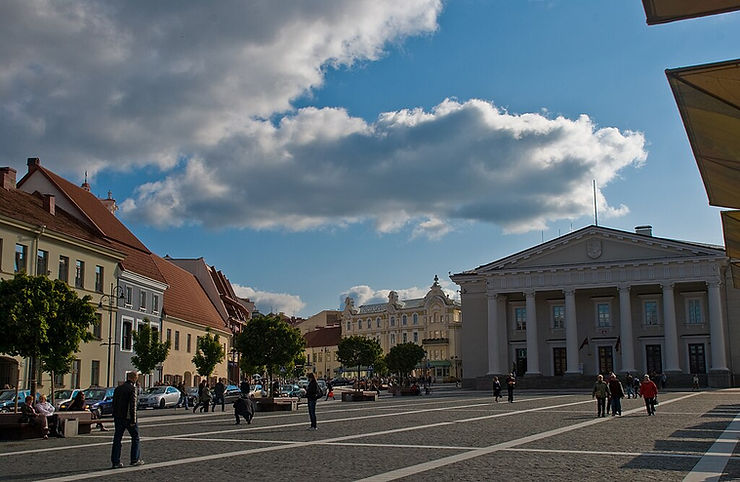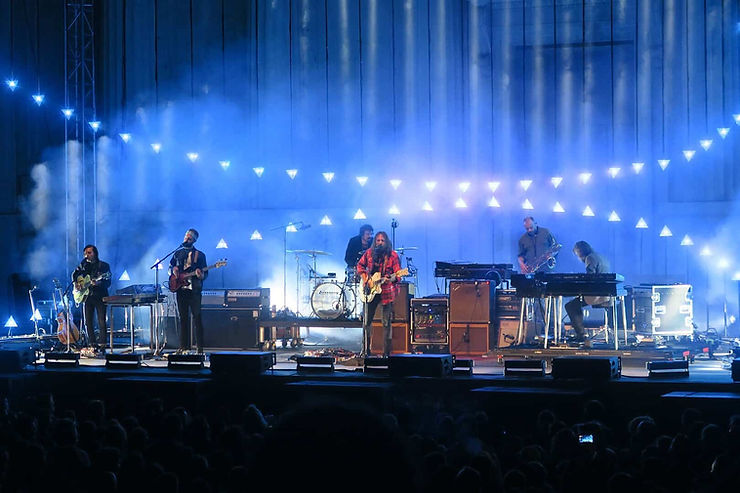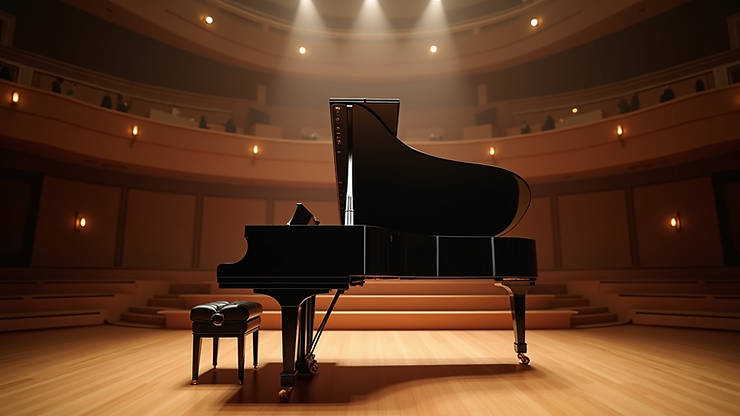History started when humans invented writing. Despite the fact that music has been written as long as history, the music that we can actually read and know how it sounds goes back only to six hundred years ago. Here are my picks for the ten most influential pieces of music after the invention of music notation as its form that we use today.

Here’s my pick of the most influential music pieces in the last 600 hundred years. Keep in mind that my picks are not ordered according to their importance, but based on their composition time.
1- The year c.1364: Masse de Notre Dame by Guillaume de Machaut.
This piece is one of the most important compositions of the Medival ages as well as one of the most important religious pieces of music in history. it is historically notable as the earliest complete setting of the Ordinary of the Mass attributable to a single composer, in contrast to earlier compilations such as the Tournai Mass.
2- The Year 1600: Euridice (Opera) by Jacopo Peri.
Jacopo Peri is known as the inventor of opera by his composition “Dafne” (around 1597). Unfortunately, this piece has not survived, but three years later in 1600, he composed his second opera “Euridice” which also marks the end of the renaissance era and the start of the Baroque era in music.
3- The Year 1607: L’Orfeo (Opera) by Claudio Monteverdi
Not ten years after the invention of the Opera, Claudio Monteverdi composed a masterpiece that stands out in the case of modernity of harmony, melody, and orchestration to this day. Monteverdi defined a standard for Opera that lasted for more than 160 years after that. The combination of Aria and Recitative that still is being used in Operas, is first seen in this masterpiece.
4- The Year 1680s: Twelve Concerti Grossi, Op.6 by Arcangelo Corelli
The Twelve Concerto Grossi by Corelli is one of the first and finest examples of concerto and also instrumental music in history. Concerto Grosso later changed to Solo Concerto and Symphonies that has changed the course of music history in later years.
5- The Year 1733: La Serva Padrona by Giovanni Battista Pergolesi
This short Opera that has been played as an Intermezzo between large serious Operas actually was ahead of its time in terms of compositions compared to its contemporary pieces. Although history books mark the year 1750 (death of J.S Bach) as the end of the Baroque era, technically this piece has all the composition qualities to be considered as a classical piece. Therefore marking the year 1733 as the end of the Baroque era is more logical.
6- The Year 1824: Symphony No.9 in D minor, Op.125 by Ludwig van Beethoven.
This piece of music has changed the course of music history forever. The manner of using the orchestra, using Choral in the symphony for the first time, using program music elements in order to develop the melodies and harmonies are just part of the innovations in this fantastic piece. Beethoven’s 9th is marked as the end of the Classical era and the start of the Romantic era in music history.
7- The Year 1865: Tristan und Isolde by Richard Wagner.
This Opera masterpiece starts with a new kind of development in a chord progression that later changed the Romantic era music and caused the riots of modern music. Although before Wagner we can hear the same melodic texture in Berlioz’s “Faust” and also some of Liszt’s musical pieces, still the grand gesture of this opera gained more attraction from audiences and composers around the world and therefore was more influential. This piece is based on Wagner’s theory of “gesamtkunstwerk” which can be translated into all-inclusive artworks, meaning an artwork that contains all the emotional spectrum that can be perceived by the audience. this piece is the opposite of the Ambient music that has started by Erik Satie in the same years.
8- The Year 1913: The Rite of Spring by Igor Stravinsky.
The premiere of this masterpiece Ballet caused a riot in the audience, they even tried to burn the saloon over this piece. What Wagner started in his Operas, finished by Stravinsky’s Rite of Spring. This piece along with other masterpieces by Arnold Schoenberg marked the death of the tonal system in music theory. Though later on in post-modern and contemporary music, composers went back to tonality, modern era music tried to avoid tonality as much as possible. This piece is one of the most important and first examples of avoiding tonal music.
9- The Year 1917: Songs “Livery Stable Blues” and “One Step” by Dixieland Jass Band.
On February 26, 1917, the Original Dixieland Jass Band released the world’s first jazz record. The record’s two songs, “Livery Stable Blues” and “One Step,” became instant hits and introduced millions of people to the new genre of music. Like jazz itself, the Original Dixieland Jass Band (they later changed the spelling) got its start in New Orleans, Louisiana. Dixieland jazz combined traditional African rhythms, as well as earlier musical styles like ragtime, blues, and marches. It also included new aspects like improvisation, which remains a standard in jazz music today.
10- The Year 1951: Rocket 88 written by Ike Turner, sung by Jackie Brenston, and Recorded by Sam Philips.
The most widely held belief is that the first rock’n’roll single was 1951’s Rocket 88, the genre that ended the mainstreaming of classical music for five centuries and started the era of popular music.
“I’ve had this argument with many many people over the years, but when people talk about rock’n’roll, my own personal view would be Rocket 88,” says Wildcat Pete, who has been a rock’n’roll DJ since his schooldays in the mid-50s, and has the sort of phlegmatic manner that presumably comes with a lifetime spent playing records to audiences of baying teds. This piece can be considered as the start of the popular movement that ended up in rising of rock stars and pop superstars in the late 20’s century.
In the end, I need to confess that this collection has a lot of great masterpieces missing from it. based on your view, you can choose a completely different collection as valuable as this one. what I intended to do here was to choose ten pieces that had a deep impact on the compositions after them. each of these pieces mentioned above can be considered as changing point in music history.
let me know what would be your choice for the ten most influential music pieces of all time.
#music_history #music #renaissance_music #baroque_music #classical_music #romantic_music #jazz_music #rock_music #modern_music #contemporary_music

